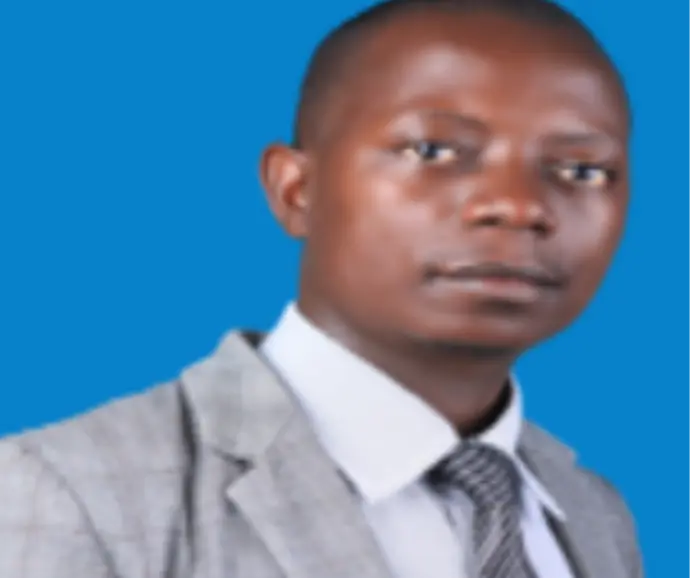About Us
Established in September 2013, ESS Creative and Legal Foundation is an Accredited Mediation Center that initiated the first of its kind in Tanzania, an Inclusive Community-based Mediation and Community Mediation Hub in collaboration with justice stakeholders. It is initially focused solely on mediation to supplement government efforts to promote and enhance dispute resolution among persons involved in disputes as provided under Article 107 (2) (d) of the United Republic Of Tanzania Constitution 1977, as amended from time to time. Also, it is internationally recognized for advancing the United Nations Sustainable Development Goals (SDGs) 16, promoting peaceful and inclusive societies, providing access to justice for all, and building effective, accountable, and inclusive institutions at all levels.
With over ten years of experience in resolving disputes through mediation of persons with disabilities, Village Community Banks (VICOBA), SMEs, families, and individuals, we found that most clients lack awareness of the benefits of mediation.
What sets us apart is our trusted partnership with the government justice system, which empowers community leaders as peacemakers to champion inclusivity and accessibility in mediation.
The founder and executive director is Erick Mukiza, who is an ADR Policy Expert, an Accredited Mediator, and a disability inclusion advocate. He is a WIPO Young ADR practitioner and a Member of the Association of Young Arbitrators (AYA). As the Founder and Executive Director of the ESS Creative and Legal Foundation, Erick has over a decade of experience in promoting inclusive justice. He empowers individuals with disabilities and community leaders to resolve disputes through accessible mediation.
In 2024, Erick was selected for and completed the Professional Fellows Program on Inclusive Civic Engagement (PFP-USA) in the United States. As part of the program, he worked at the American Association of People with Disabilities (AAPD) in Washington, DC, where he was mentored in leadership and advocacy by Jasmine Bailey, the Director of Operations at AAPD. During his fellowship, Erick gained hands-on experience in assistive technologies for inclusive communication, including screen-reading software and speech-to-text tools designed for deaf and hard-of-hearing individuals. The program provided him with best practices in inclusive Alternative Dispute Resolution (ADR), which he is now implementing in Tanzania to transform international learning into impactful, locally rooted initiatives.
Brief History of ESS Legal Assurance Service
The Justice Gap in Tanzania
Tanzania faced a significant justice gap that left millions of citizens without access to legal representation. The majority of Tanzanians earned monthly incomes between $200 and $500, placing them in a challenging position where they could neither qualify for free legal aid nor afford private legal services.
Under the Legal Aid Act of 2017, only individuals with monthly incomes below $150 qualified for free legal aid through a means test. Meanwhile, the Advocates Remuneration Order of 2015 set minimum legal representation fees at $500, making private legal services unaffordable for middle-income earners in Tanzania.
A 2017 report by the Tanzania Network for Legal Aid Providers (TANLAP) revealed that approximately 60% of Tanzanians—nearly 33 million people—were effectively barred from accessing legal advice and representation. This represented the underserved market that ESS aimed to serve.
ESS Legal Assurance Service
ESS Creative and Legal Foundation, established in 2013, has consistently worked to promote access to justice for underserved communities in Tanzania. In 2018, ESS launched the Legal Assurance Service as an innovative solution to bridge the justice gap. This service provided mediation and legal representation specifically designed for individuals who did not qualify for free legal aid but could not afford private advocates. The Legal Assurance Service operated until 2023, when the organization transitioned to a new, more inclusive model focused on empowering community leaders to be inclusive when conducting mediation in their communities.
How the Service Operated
ESS utilized technology to ensure the Legal Assurance service operated efficiently and equitably. The organization developed an internal operating system that connected clients, management, and advocates (lawyers) through several key features:
Client Access: All members were registered in the system and could access it anytime through the ESS website or their mobile phones.
Request Submission: Client members could submit requests for legal assistance directly through the system.
Case Management: Management received these requests, assigned them to internal advocates and lawyers, and tracked case progress in real-time.
Real-time Tracking: Both management and client members could monitor case progress through the system.
This technological infrastructure enabled ESS to streamline processes, ensure accountability, and provide timely updates to clients.
ESS's Journey from Direct Legal Service to System Change
ESS learned that taking legal cases to court wasn't effectively helping underserved communities access justice. Instead of continuing to provide direct legal services, we decided to transform how the justice system works at the community level. We now empower community leaders to mediate disputes through inclusive mediation, transforming ESS from a service provider into an organization that creates lasting change in how justice is delivered to underserved communities.
Mediation service is accessible to underserved communities
A justice social enterprise enabling accessible mediation services for underserved communities
To promote and enhance alternative dispute resolution amicably and affordably among persons involved in the disputes.
- Fairness
- Integrity
- Confidentiality
- Transparency
- Impartiality
- Objectivity
- Neutrality
Board of Directors
Governing Board
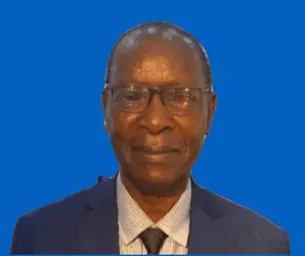
Dr. Elly Ndyetabura
Strategic Setting and Oversight
A retired ASS. Resident Representative of the United Nations Development Program (UNDP) in Tanzania, having served as the vice chairman of Tanzania Development Partners. Currently, he holds the position of ESS Board Chairman, where his responsibilities include strategic setting and oversight. With over 30 years of experience in international organizations within and outside Tanzania, he brings a wealth of expertise. Additionally, he has been elected as the Ward Councillor (Diwani) for Kata Ibuga in the Muleba District Council.
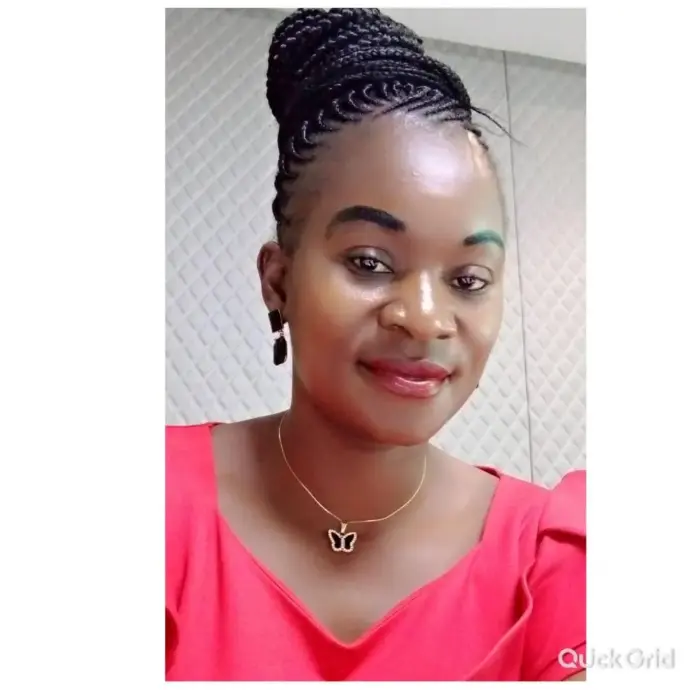
Aneth Gerana Isaya
Gender and Disability Inclusion
She is a Deaf Tanzanian feminist and founder of FUWAVITA, an initiative empowering women and girls with disabilities through entrepreneurship and leadership. Having lost her hearing as a child, she overcame barriers in education and employment to become a national and international advocate for disability rights. Since 2010, she has supported thousands of Deaf women in Tanzania and held leadership roles including Secretary-General of the African Deaf Forum. In 2024, she joined the ESS Creative & Legal Foundation Board of Directors, advancing gender and disability inclusion
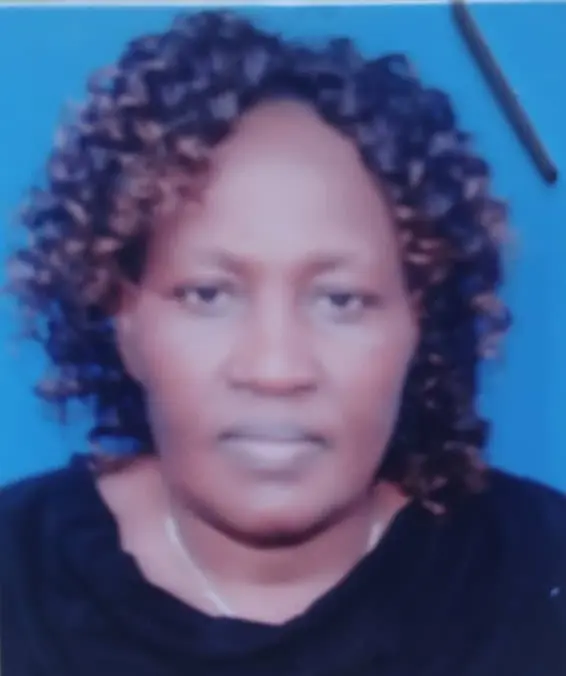
Moraa Shoo
Financial Management & Tax Issues
A Tax Adviser with over 17 years of experience in taxation, currently holds the position of Senior tax officer at the Tanzania Revenue Authority (TRA). She guides ESS on financial management tax-related matters.
Founding Board
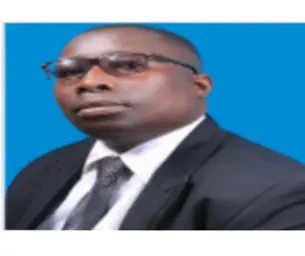
Erick Mukiza
Founder & Executive Director
Erick is ADR Policy Expert, a dedicated professional in the field of disability inclusion and Alternative Dispute Resolution (ADR), committed to advancing inclusive justice. As a Permanent Certified Court Mediator accredited by the Tanzania Ministry of Constitutional and Legal Affairs, he brings extensive expertise to his practice. Furthermore, Erick is a distinguished participant of a Professional Fellowship program funded by the US Government, enriching his understanding of global best practices in inclusive mediation. With international accreditation from the World Intellectual Property Organization (WIPO) as a mediator
Geoffrey Bomboko
Co-Founder & Deputy Director
He plays a pivotal role in delivering impactful solutions. As the director of programs, Geoffrey oversees ESS's dynamic mediation and legal support services, ensuring excellence through active management of the delivery team. He is the authoritative voice for our valued customers and beneficiaries and embodies our dedication to their needs and success.
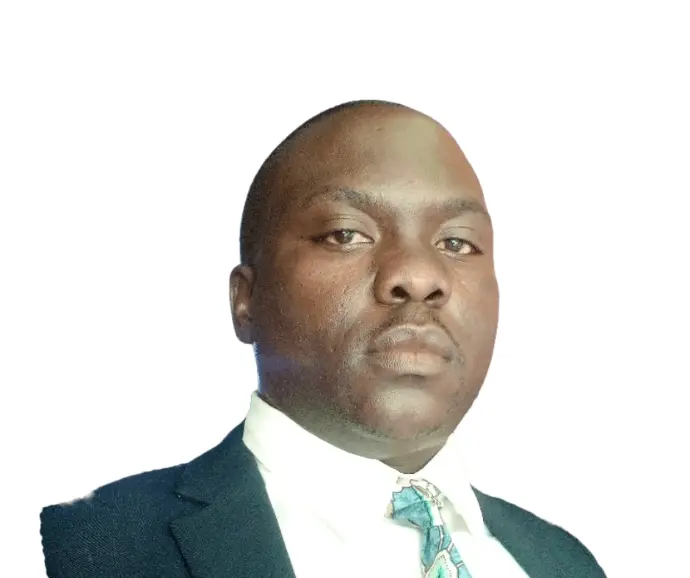
Francis Mawerere
Co-Founder and M&E Lead
Co-founder and M&E Lead at ESS. Francis spearheads the Monitoring and Evaluation (M&E) efforts that drive our success. Previously worked for Justice Defender formely African Prisons Project. He is responsible for providing invaluable training to our dedicated team. Beyond the metrics, Francis takes charge of fundraising for the M&E budget and other essential resources.
